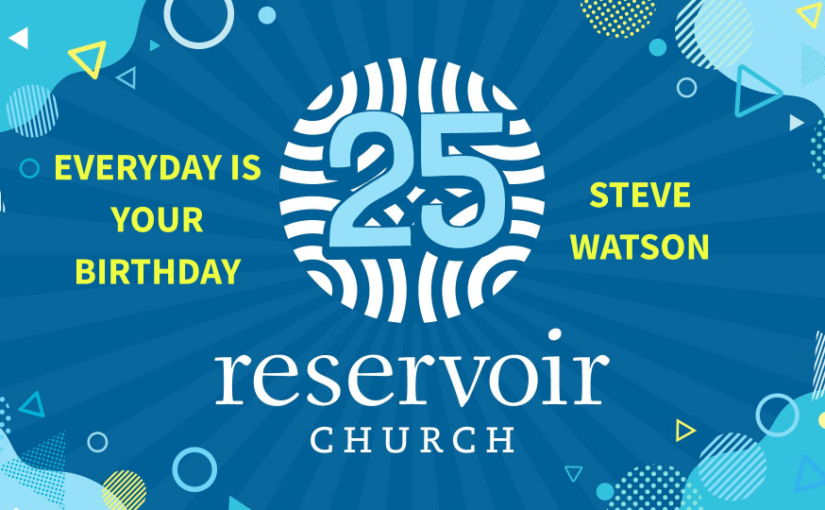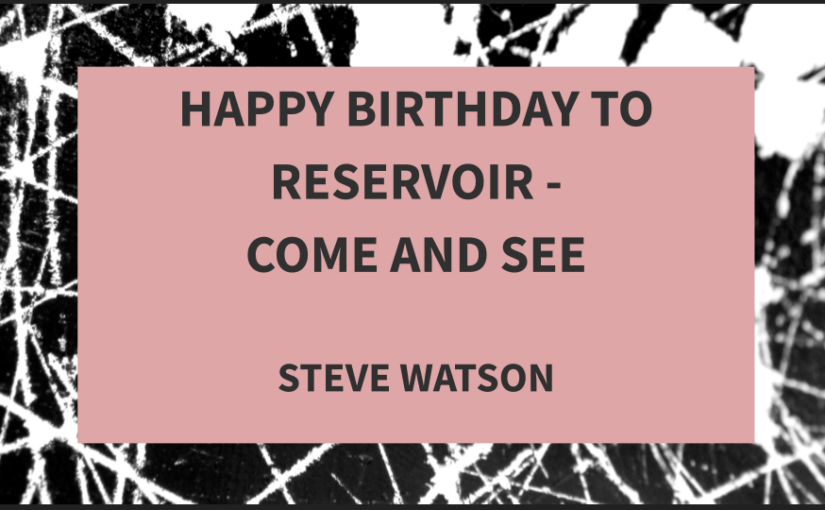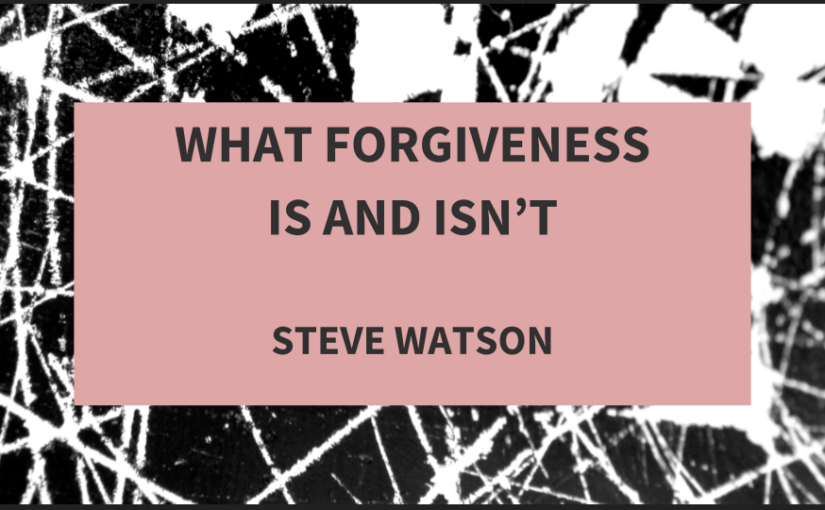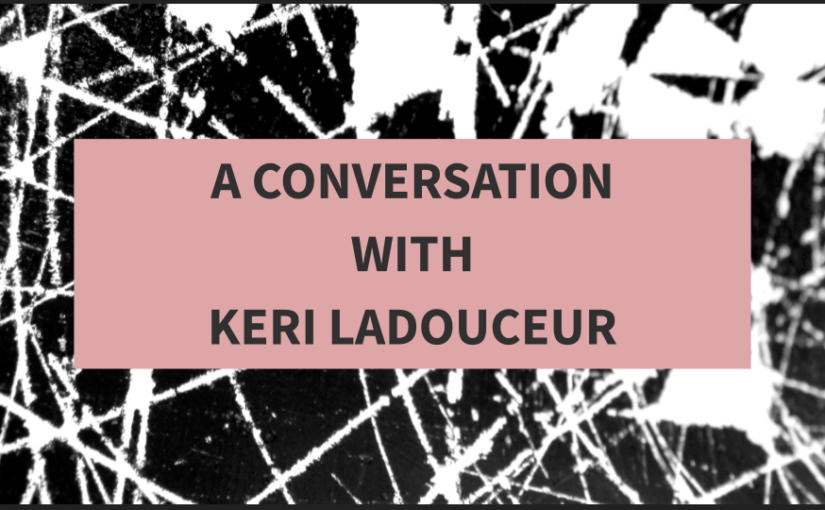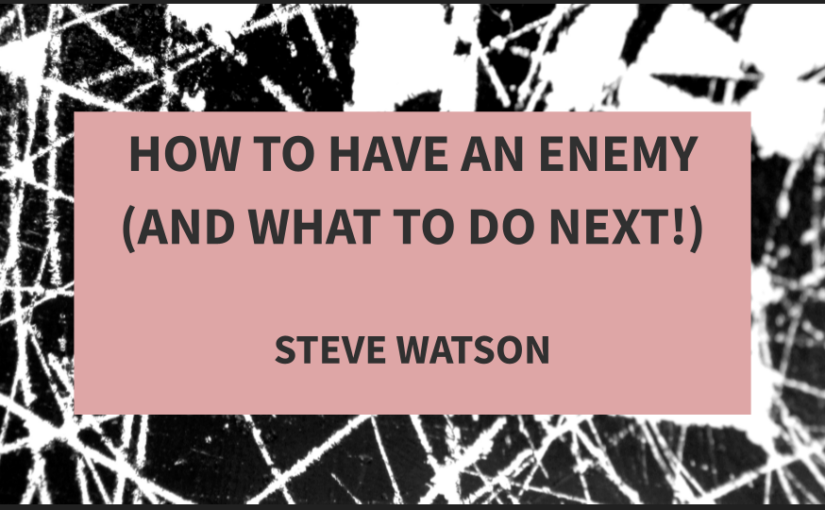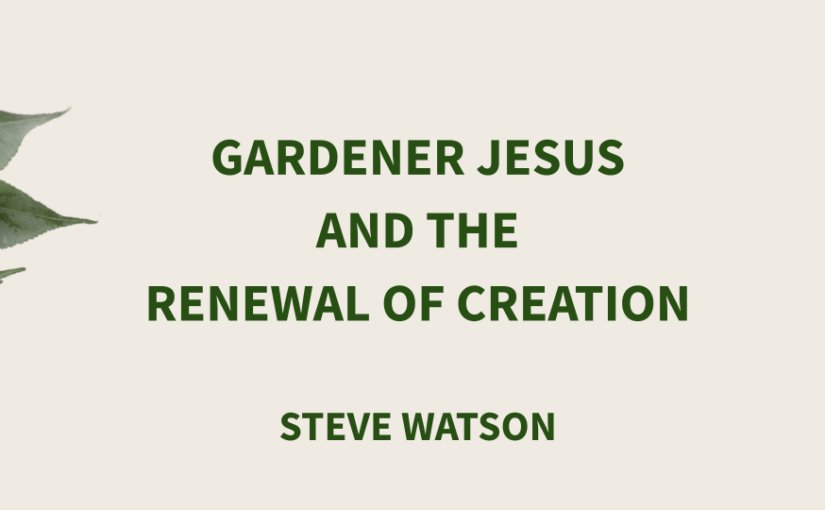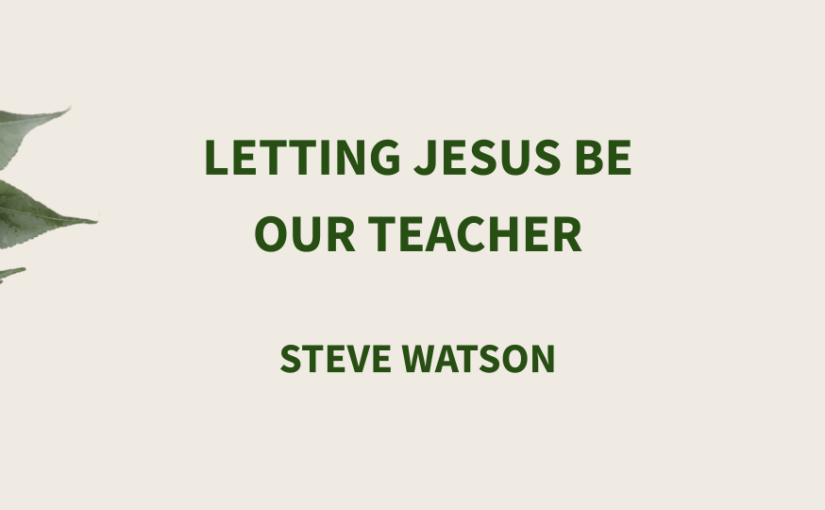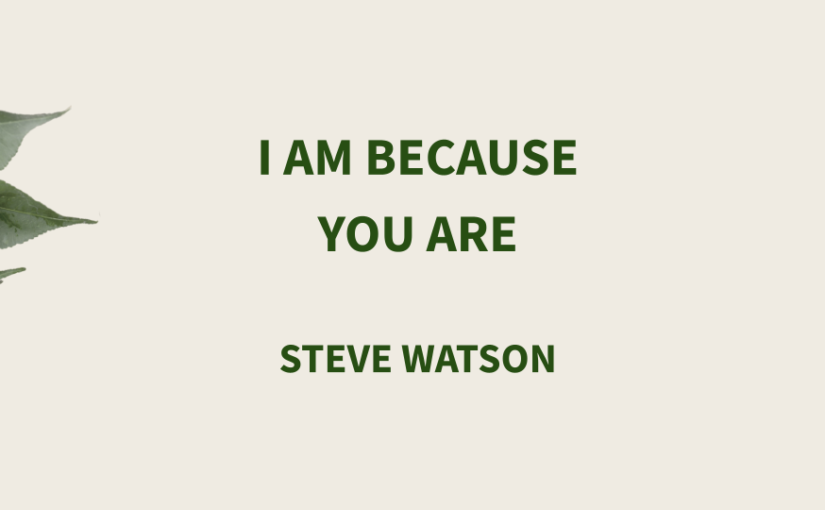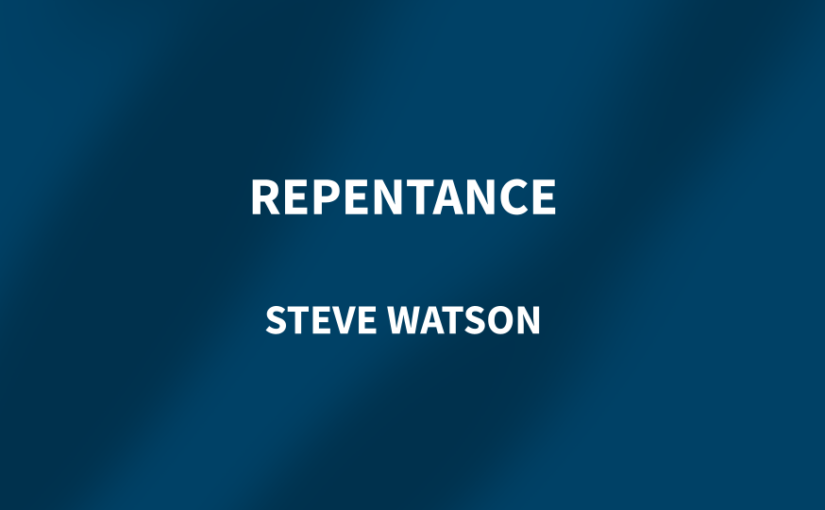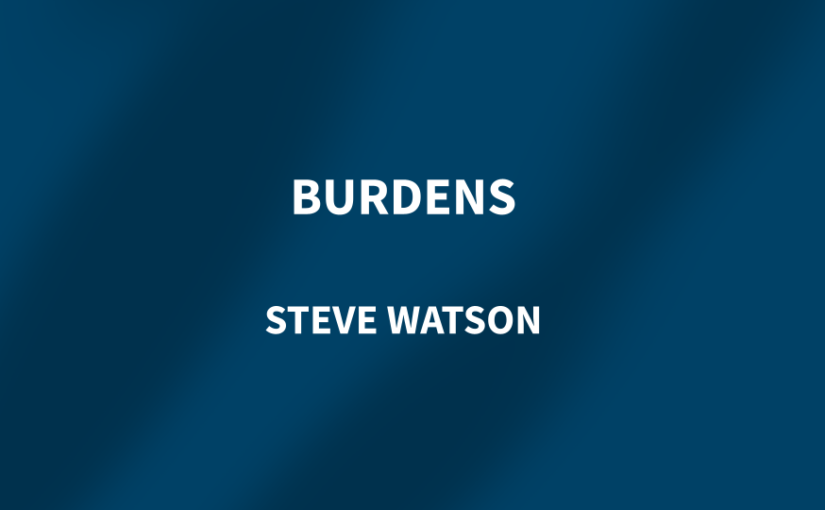PRAYERS
Students, and Parents and Caregivers of Students, and Educators
May you be safe from harm this year, safe from over-worrying, safe from threats and bullies, and when you do face something hard or scary, God give you gentle strength to ask for help and make it through.
May you stay open this year, open to learn new things, even from people you didn’t think could teach you. God help you be calm and curious and open to all the things God hopes to teach you and to every encouragement God sends you.
May you be kind to your friends and your teachers and students and parents and children, since kindness heals others and kindness even heals ourselves. And may you remember that you too are worthy of kindness, that you are God’s beloved child.
May you be secure, quietly strong in God’s love and purpose for you. Sometimes tests and classmates and maybe even parents or principals or all kinds of other people are going to tell you are not good enough. God help you remember the world is so good but the world can also be a liar. And God help you remember the truth that you can keep learning and growing, and that you are also loved and you are enough today just as you are.
And God gift you with wonderful friendship too. God help you make a new friend this year. God help you keep an old friend when something hard happens and one of you needs to reach out or say I’m sorry. God even help you let go of a friend if it’s not so good anymore and it’s time to move on. God give you power to be a good friend and to know that like everyone else, you deserve good friends too. And God help you remember you can always be God’s friend too, the person God loves and encourages and comforts.
You, students and teachers, children and parents and school staff and leaders are loved. You matter to God and to us, and your school year matters to God and to us. And we say, be blessed and go back to school in hope, in joy, and in peace.
AMEN
Psalm 118:21-25 (Common English Bible)
21I thank you because you answered me,
because you were my saving help.22 The stone rejected by the builders
is now the main foundation stone!23 This has happened because of the Lord;
it is astounding in our sight!24 This is the day the Lord acted;
we will rejoice and celebrate in it!25 Lord, please save us!
Lord, please let us succeed!
How does this sound to you? How does it make you feel?
Do you feel happy? Are you like: present-day vibe. This is my song.
Do you feel annoyed? Like: I am not feeling joy and celebration. I have other feelings, thank you very much.
Or maybe it’s just early, and you’re like: come back to me later with all that smile.
Or maybe, maybe you feel pressure: like my goodness, here goes the Lord, or the Bible, or the church again, telling me to put a smile on it when I’m not all that happy.
Let me assure you that this sermon is not about trying to feel any one way in particular. You feel whatever you feel. You be wherever you are right now, that’s just fine with us. I think it’s just fine with God too.
Even this happy passage makes room for all kinds of places we might be in any moment in life. There’s gratitude for the past, yeah, but there’s some urgency in the present – save us, God, and some fear for the future (could you help us with success?) that it puts out there.
God’s good with where you are today, my friends. I hope you are too.
And this is what I want to talk about today – how to really be wherever we are, how to be here today, no matter what day it is. We’ll talk about why that’s important, how it’s part of the way of Jesus for us all, and some of how to welcome this gift of today a little more.
Now you may have noticed I took the summer off this year. I’m so grateful for your support in that. I was actually not too far from here most of the time. My wife Grace was working, my kids had stuff to do, but it was really good just to slow down my pace and be a private person for a while. I’ve been doing this work for 10 years, 50 is right around the corner, and it was really good this summer to relax, to take some stock of my life, and think a little bit about what I want to be the same, and what I hope will be different going forward. So thanks again for your support of pastor sabbaticals. It was really good.
We won a Lily Foundation grant to support the sabbatical too, so that paid for some church things, like the slate of guest preachers you heard. But it also paid for my family to make some memories together. There were a number of small trips, but the big highlight was a long trip to Southeast Asia. We traveled through Thailand, Malaysia, and Singapore – seeing the sights, eating incredibly well.
It was all wonderful really, but for all five in our family, I’d say being in Thailand was a highlight. The beaches, the monkeys in the jungle, the temples, the canalled city of Bangkok – it was all extraordinarily beautiful. The meals were delicious. And we found just dipping our toes into Thai culture enriching as well.
Our tour guide, Nikki, was Thai, and at one point, she talked with us about her experience of what is special about Thai Buddhist culture. She described what it’s been like in the six years since her mother died, her mother being maybe the most important person in her life.
And she said for us, the past is over here. It happened, it mattered, but we can’t go there any more. And the future is over here – we don’t know what it will be. But in between, here we are with the one time we do have, with the present.
And she said
Even with my loss, I don’t live with sadness or regret. Because every day I had with my mother was a good day. I hugged her. I said I love you. We said and did the things we wanted each day because we’ve learned to live in the present, like there is no past and no future. Just today. So no regrets.
I could tell Nikki really meant this. Another time when she mentioned she was 39 years old, I made some comment about 40th birthdays and how hard they can be. And she sort of looked at me sideways like she didn’t understand and just said,
I don’t worry about that, every day is my birthday.
Every day is my birthday.
I found this attitude, this way of life, really compelling.
Is it anyone’s birthday today?
How about this week?
This month?
- What if all of us raised our hand?
- What if every day was our birthday?
- Or maybe not?
- Maybe some days aren’t for celebrating?
- And some days aren’t for reflecting on the passing of time?
- But what if every day was like the whole world to us?
- Like it was the only day that existed?
- What if every day was the whole of life?
- What would this be like?
- Does this have anything to do with the Way of Jesus?
- Would this spirit about the past, the future, the present help us?
- How so?
There’s this interesting progression in the Way of Jesus about how the bit from the Psalm I read goes. It’s like a socio-theological progression.
See, first Psalm 118 is part of the Jewish liturgy of the Egyptian Hallel.
“This is the day that the Lord has made”
has to do with the Exodus out of Egypt, the deliverance of the ancient Hebrew peoples from bondage. It’s a day of memory enshrined in the culture, in the faith. God has rescued us. So this was maybe the song that Jesus and his disciples sang after the Last Supper, when it says they went out and sang a hymn….
You have helped us God. You have done surprising things in surprising ways. This is the day. And so again, our God, help us. God help us this day.
Later in the Way of Jesus, this language is applied to the first Easter, to Resurrection day. Once again, God has done surprising things, taken the stone that was rejected – now personified as Christ crucified – and has turned it, turned him into the cornerstone of God’s work on earth. Jesus is risen. This is the day of rejoicing.
In the decades to come, the followers of Jesus would start to say and to sing these words every Sunday, celebrating the day of resurrection in weekly worship. God is alive, God is our ever present help, God is doing surprising and hopeful things not just back in the life of Jesus but in our time too. Weekly worship as a time for rejoicing in God this day.
But then of course, you take it to its conclusion, you go all the way and it’s not just the Exodus, it’s not just Easter, it’s not just Sunday, but it’s every day. This is the day – this day, whatever it is – that God has made. This is the day for life. This is the day for God’s saving help. This is the only day we’ve got. And so this is the day in which joy can be found. This day!
It reminds me of something Jesus said, something that became one of my favorite phrases of Jesus this summer. He says,
Matthew 6:34 (Common English Bible)
Therefore, stop worrying about tomorrow, because tomorrow will worry about itself. Each day has enough trouble of its own.
I think it’s the gloomier version of Psalm 118. That one says –
be present today, this day, because it’s God’s creation.
It’s God’s time of life and help and joy. This is the day.
Jesus has the same message, different mood.
Be present today, this day, because it’s the only day you have.
It’s God’s time of life and help, and after all, why think about any other day? Doesn’t today have enough challenges? Doesn’t today have enough trouble? This is the day.
Not every day is our birthday. Some days are full of hard things. Some days are sad, some days seem dull or scary. Jesus knew this. And who knows, maybe Jesus was in a mood when he said this, I don’t know.
But this presence, the full engagement of today as the only day we’ve got, as our day we share with the living, life-giving God, I think this presence is part of what made Jesus so special, so wise, so magnetic. He saw things other people didn’t see because he was so engaged in this day. He seized opportunities others didn’t because he brought care and attention and love to this day, to the people and places and circumstances before him, again and again, every day.
And if we see that in Jesus, and if we believe in a living God who as Jesus taught – is never far, always close, who is always good, who is always creatively able to help us in this particular day, then maybe that kind of presence is for us too.
Friends, I could piece together an Instagram account of my sabbatical that makes every day look glorious, rich, memorable. There were all the glories of the Southeast Asia trip. There were weekends hiking in the White Mountains, swimming in Maine with my kids, lounging around the Cape with Grace. Retreat at the monastery. Some new things I tried, some big rites of passage in the life of our young adult children. Lots of big days.
But a fair bit of my sabbatical was like a fair bit of all of our lives, kind of puttering my way through ordinary life. In my case, though, it was puttering about with all my work responsibilities and schedule removed. And I thought it would be bliss. Like, I don’t know my distant memories of summers as a young kid, lying in the grass, playing around in the pool, just endless chilled-out joy.
But one, you can tell I’m turning 50, a long way from childhood now, because I know my summers as a kid weren’t like that at all. Summertime was boring a lot of the time. And even though there wasn’t school, sad and scary things could happen in the summer too!
And so with me. Even with much lower responsibility, I found on sabbatical that I could still be restless, I could still get very easily stressed out. My stress could just attach to smaller things, like a little drama with the construction company in our neighborhood, or endlessly bugging one of my family members about something I should let go of, or whether or not we were going to be able to afford to repair our fence.
When I noticed myself puttering through a day, just wasting the time, I didn’t like that. Because I thought – this is a sabbatical. I’ve never had one of these before. Most people never get them during their working years. And me, still, only once every seven to 10 years. That’s a long time. I didn’t want to fritter it away.
And when I noticed myself stressed out about something coming up ahead for me or my kids, and not being in the most present, loving posture to everyone in my family, I didn’t like that either. Because my kids are all in the process of launching. Last week, we went from three kids in our home to one kid. And even that one is planning on living away from home next year, at least some of the time. I don’t want to miss these moments with them.
This wisdom of the psalms, this wisdom of Jesus to not miss the joys, the life, even the trouble and the help of this day, seemed true. But not always easy to live.
Just knowing something is true doesn’t mean you make it your truth, right?
One thing that helped me, though, is a habit I picked up in yoga of all places. I’ve done a little yoga, a very little bit, in the past. But last year, after my doctor found some arthritis in my shoulder, he strongly recommended a particular form of yoga, even a particular studio, that he thought could help me.
And with all the extra time this summer, I thought: why not now? This is the day to try. So I did one of those 30-day cheap trials, where I could practice yoga at this studio as often as I want.
And friends, I got to tell you, I got my 30 bucks worth. I kept going back there, day after day after day, no matter how inexperienced I was, and no matter how goofy I must have looked sometimes.
And it was great. It was great in a lot of ways, but one of the ways was through this attention to what they call “drishti.” Drishti is a Sanskrit word for our view, our focus, our gaze.
And in yoga, or at least the form I’ve learned, drishti is the visual point of focus during the practice.
I’d be closing my eyes or kind of looking around unfocused while I tried to hold my body in some muscle-achy pose, or stretch some way I hadn’t stretched before.
And the teacher would be like: pick a point, a single point, and focus there.
And I’d keep my eyes open, relax as best I could, and just focus on a particular point. And wouldn’t you know it, my body would be able to do more. The focused gaze brought more ease of focus to what I asked my body to do.
And the teacher would say:
this is just the beginning of drishti, because if you can focus your gaze here, you start to be able to be in one place, to see one thing.
Instead of zoning out or numbing out so much, instead of thinking about the past or the future, or just checking out, hoping for what we might want to see, we can be here, now, this day, this moment. We can be present to the gift, the opportunity, the life of it.
Jesus affirms this insight that what we look at and how we focus matters.
Jesus said:
Matthew 6:22 (Common English Bible)
“The eye is the lamp of the body. Therefore, if your eye is healthy, your whole body will be full of light.
Jesus is taking this up a level. He’s talking about what you want. If you want things that are good, if you focus on things that are good, you become more healthy, more good within. Hard to argue with that.
But at a more basic level, Jesus is affirming the value of drishti, the significance of paying attention.
Don’t see what you want to see or what you wish you could see. Don’t spend your day distracted, don’t spend your energy on the future or ruminating about the past. See who and what is there today. See the good that’s possible.
That healthy gaze will make the whole life healthy.
Friends, I’ve spent way too much of my life numbing out or distracted. I’ve spent a lot of days avoiding work that’s hard for me, sometimes avoiding hard situations too. I’ve spent too much time living in the past and the future as well. I mean right now, as our kids become adults and start to leave our home, it’s easy to spend a little too much energy nostalgic about the past or regretful about the past rather than letting go.
And it’s easy to spend a little too much energy worried about their future as well. Instead of being present to this day, the joy we can have in their opportunities and the best of who they are right now, the prayers and the help we can give this particular day, even if they seem small. Even the strange gift of entrusting our kids more to God and to themselves.
I’m not good at this drishti thing, this present focus. I’m not very good at “this day” mindset. But I know it’s a gift of God for us to receive. It’s not a burdensome command, this thing God’s upset at us if we’re not doing. It is a grace, though, part of Jesus’ way for us into more love, joy, and peace.
And in the times and ways I can receive it, it’s doing a lot of good. Just a few ways how:
Living today gives me more awe. Science tells us that awe – being surprised and amazed, having wonder over something big or beautiful or good, is one of the keys to happiness and well-being.
This morning, I woke up earlier because I had some stuff I had to do to be ready for today. I was tired and grumpier than normal too. I walked my dog even though I didn’t want to because that’s my morning chore. Sometimes I look at my phone while I’m walking my dog, but this time I didn’t.
And I saw how beautiful the first morning light was. Even the big gray apartment building on my block looked really beautiful in the first rays of sun. And I saw a very small flock of birds fly overhead in their perfect V-formation, and for a moment, I thought: wow, this world is so beautiful. And maybe it can all be beautiful, even me and even the stuff I stress about. This is the day.
Living today helps us stay in it when things get hard. Keeping a single focus, I can do weird stuff with my body that’s making me stronger that couldn’t do just weeks ago. That’s cool. And living today helps me not run away so fast when someone’s angry or sad. And living today helps me sit down and so some work I’ve been avoiding or procrastinating over. Because living today like it’s the only day means we can’t choose our work or our troubles this day, but we can choose how we face them. We can look for the good, the possibility, the opportunity in them. And that helps us be more courageous, more present, more productive, more peaceful.
And lastly, living today helps us love better. Because we can’t love what we don’t see. Jesus said this sometimes. Like when he was in this guy Simon’s house, and Simon was being so rude to someone Jesus loved.
Luke 7:34 (Common English Bible)
Jesus turned to the woman and said to Simon, “Do you see this woman? When I entered your home, you didn’t give me water for my feet, but she wet my feet with tears and wiped them with her hair.
I live with a son who is incredibly observant. Sometimes he is just so eerily good at seeing people. There was a time this summer when he was insistent that we spend time with certain extended family. Because he was like: Dad, don’t you see, this is important. And he told me the reasons he saw it was. And of course he was right. So we did a bunch of really complicated schedule changes to make it happen, and of course, that was good. The seeing became loving, and loving – real love, generous and kind and gentle attention that comes from really seeing someone – does so much good for the person being loved and the person loving too.
Friends, it’s a simple sermon to get me back in the swing of things with you all, but it was my sense that this was the best gift we had for this day at the start of this year. The gift of drishti. The gift of more present attention. The gift of presence. The gift of this day that God has made, this day of troubles, this day of joy, this day to ask for and find God’s help, this one and only beautiful day we have to be alive.
This is the day.


